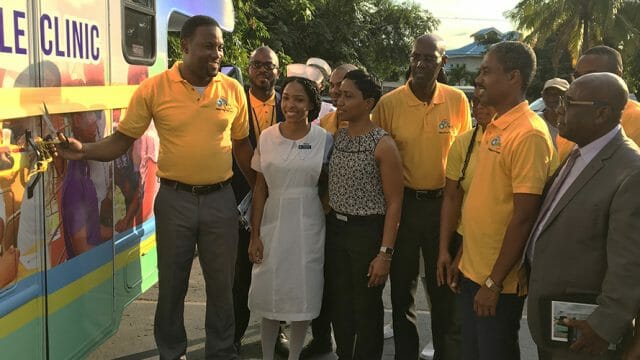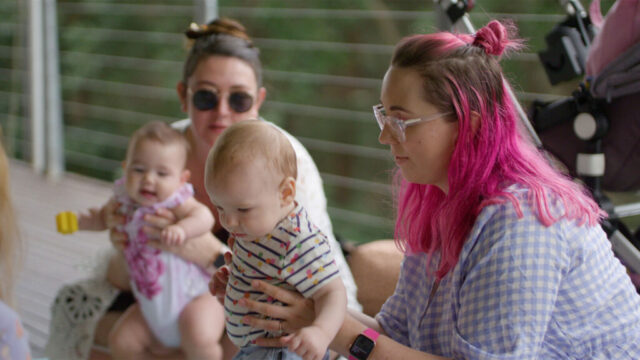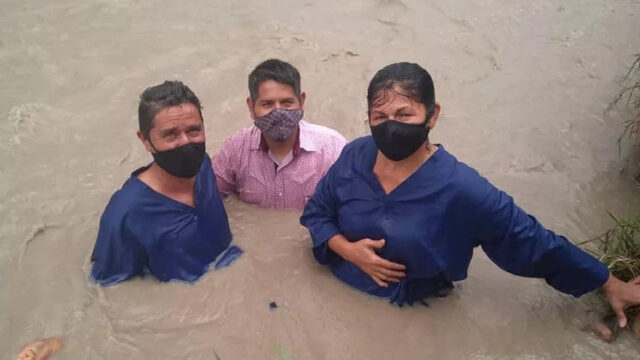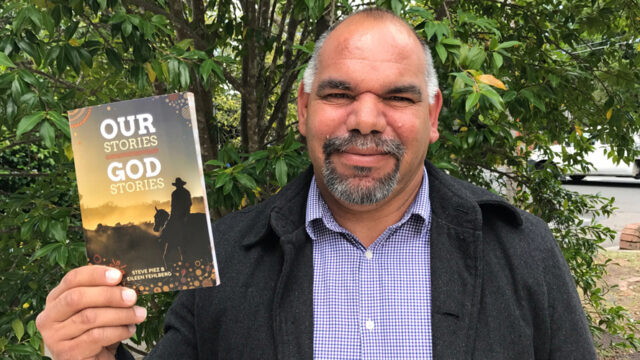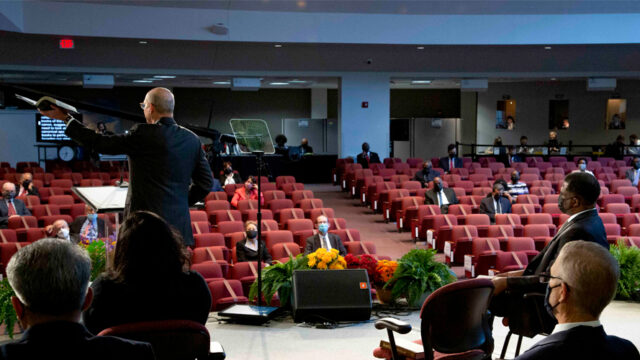Learning the routine is preparing local members to reach out and serve the community.
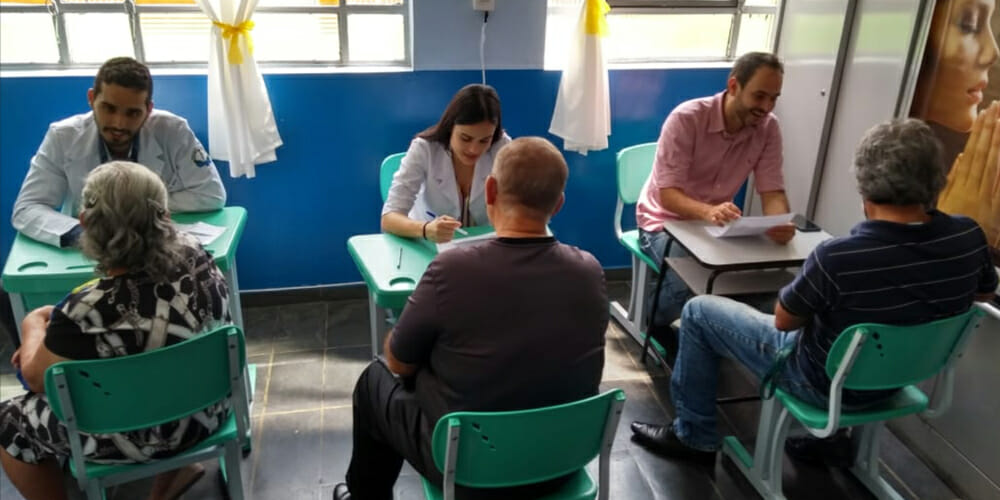
The venue is real — Concordia Seventh-day Adventist School, in Belo Horizonte, Minas Gerais, Brazil. The health fair signs and props are also real — posters and banners that promote eight natural remedies that can assist people in improving their health. The volunteers in charge of presenting health information and sharing valuable health tips are real volunteers too — members of the next-door Seventh-day Adventist church.
However, as volunteers greet and usher in the guests, a knowing smile gives something away — the “guests” are in fact fellow members of the local church, who are acting as prospective interests of a dry run Adventist health fair.
The “guests” fulfill their role faithfully — they let volunteers lead them to their seats, just in time for the beginning of the information session. And they seem keen on getting acquainted with what in Adventist circles is known as the “Eight Natural Remedies” — nutrition, exercise, water, sun, temperance, air, rest, and trust in God.
Local church leaders say they hope that training sessions like this one, which took place in the afternoon hours of Saturday (Sabbath), April 6, 2019, may help church member volunteers-in-training to know how to better relate with people in the surrounding community.
“We want to make sure the church is prepared to serve the community through this project,” said Nídia Regina, one of the organizers of the training event. “Thus, we believe an important first step is to provide adequate training to church volunteers.”
According to health fair organizers, during the session, volunteers-in-training provided lectures, shared recipes, led guests in physical exercise, and offered blood-sugar-level tests and anti-stress massage, among other activities. Local volunteer physicians, nurses, massage therapists, physical fitness trainers, and dietitians shared their knowledge and led the activities, divided into eight stations across the venue.
The goal of the activity, Regina explained, was that volunteers would master the steps involved in the process before they share it.
“They must understand what happens at each step and each station, so they are ready to eventually share it with visitors from the community,” she said.
The original version of this story was posted on the South American Division Portuguese news site.


